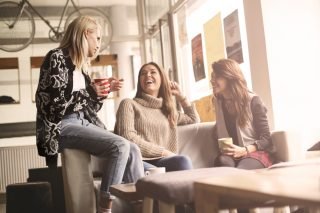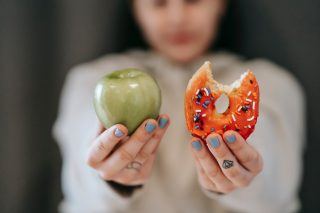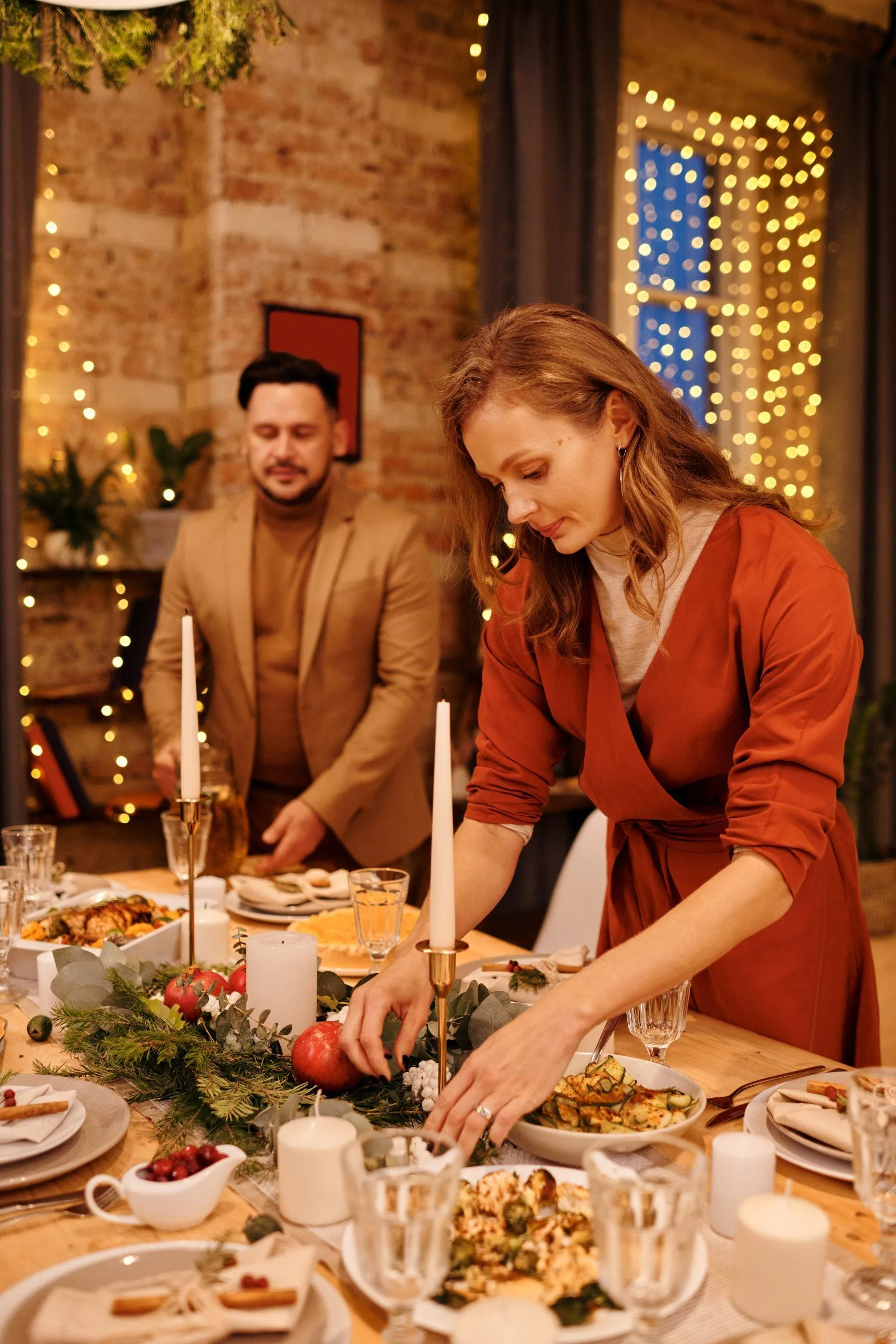When it comes to anxiety, it’s not a rare problem. In fact, about 40 million Americans live with anxiety disorders. Over the festive season, anxiety can become even worse, especially if you have a tense relationship with some of your family. Generally, we can manage to avoid those family members that are difficult to deal with for the duration of the year. But over the holiday season, it can often feel like we are pressured into seeing all of our family. This can cause even more anxiety and stress. Strangely, though, it seems that some foods are linked to anxiety and may even trigger it. So what are these foods and could avoiding them around the holiday season help?
Holiday Food and Mental Health
Alcohol and anxiety
Bizarrely, we often tend to use alcohol as a crutch and a way to manage anxiety, especially in social situations where we feel uncomfortable. Generally, the ![alcoholic drinks [longevity live]](https://longevitylive.com/wp-content/uploads/2018/11/alcohol-alcoholic-dinner-6290-320x213.jpg) holiday season also sees us consuming more alcohol than we might in the normal course of events. It’s no secret that alcohol can have a negative impact on hydration and sleep.
holiday season also sees us consuming more alcohol than we might in the normal course of events. It’s no secret that alcohol can have a negative impact on hydration and sleep.
Erin Palinski-Wade, RD, CDE explains it can trigger anxiety symptoms. Technically, alcohol is a depressant that can make you feel calmer. But actually, usually, this backfires. Another thing that alcohol does is change the levels of serotonin and neurotransmitters in the brain. Not only can this make the anxiety worse when you’re drinking, but once the alcohol wears off, you may feel even more anxious than before.
Drinking on an empty stomach is a particularly bad idea as it can lead to a severe spike in blood sugar which can trigger feelings of anxiety. If you do want to have a drink, it’s best to do so in moderation and make sure that your alcohol intake is not excessive. Healthline recommends about 1 drink per day for women and 2 drinks per day for men. Of course, if you are on medication, it’s also a good idea to check in with your doctor. If you don’t want to feel left out but want to avoid drinking, mocktails or alcohol-free beer are typically good options.
Avoid having too much caffeine
Rather frustratingly is that you, like me, are a bit of a coffee fiend, caffeine really inns your best friend if you suffer from anxiety. The more caffeine you consume, the more likely it is to cause anxiety. Dr. Daniel Devine, a Philadelphia-based, dual-board certified internist, and geriatrician explain that the

Liderina/Shutterstock
effects seem to be most prominent in those that consume five or more cups of coffee per day. Of course, this depends on your tolerance levels, so it’s best to try to ascertain what works for you and what your personal limits are.
The reason behind this seems to be the fact that it activates adenosine receptors in the central nervous system. These receptors are linked to the mediation of the fight or flight response. In general, caffeine is perfectly safe as long as you don’t have too much. It is however important to mention that coffee isn’t the only thing that contains caffeine, and it’s important to think about other foods and drinks that might contain it. The FDA recommends a daily caffeine intake of no more than 400 mg. For reference, the average ‘grande’ medium roast coffee from Starbucks contains about 310 mg of caffeine.
Sugar is a major cause of anxiety
It’s important to start off with the fact that not all sugar is bad for you. And there’s no way to completely avoid it, especially over the holiday season. The real culprit is added sugar. It has a nasty effect on your blood sugar levels. This rollercoaster also causes spikes and dips in energy and when your blood sugar crashes, it can cause a decline in mood and this is when anxiety levels tend to spike.
This happens as the body releases insulin in an attempt to stabilize blood sugar levels. However, this results in the body working harder in order to get back to

Photo by Andres Ayrton from Pexels
normal. This is what causes those nasty highs and lows. And it isn’t just your usual culprits of soft drinks, cakes, and biscuits, there are a whole host of unlikely foods to watch out for, including:
- Ketchup
- Salad dressing
- Pasta Sauce
- Breakfast cereals
- Condiments
The takeaway
If you already suffer from anxiety and are worried about becoming even more anxious over the holiday season, you might also be able to look to your plate. There seems to be no doubt that there is a direct connection between blood sugar levels and anxiety levels.
Making sure that you monitor and regulate your alcohol intake, caffeine, and sugar levels could definitely help you to combat anxiety. Of course, it’s definitely not a cure for it and, if you are on medication, make sure that you keep taking it as you should, especially during a time that can cause high stress and anxiety levels.
References
https://health.usnews.com/wellness/food/articles/foods-and-drinks-linked-to-anxiety



![women [longevity live]](https://longevitylive.com/wp-content/uploads/2020/01/photo-of-women-walking-down-the-street-1116984-100x100.jpg)










